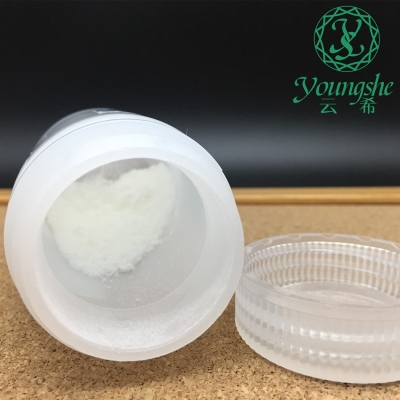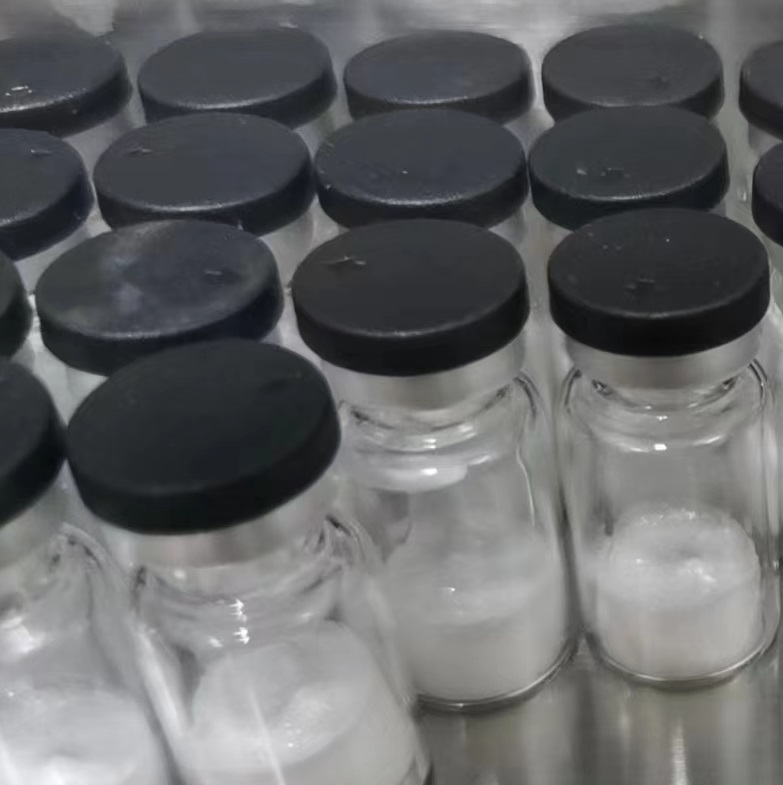-
Categories
-
Pharmaceutical Intermediates
-
Active Pharmaceutical Ingredients
-
Food Additives
- Industrial Coatings
- Agrochemicals
- Dyes and Pigments
- Surfactant
- Flavors and Fragrances
- Chemical Reagents
- Catalyst and Auxiliary
- Natural Products
- Inorganic Chemistry
-
Organic Chemistry
-
Biochemical Engineering
- Analytical Chemistry
- Cosmetic Ingredient
-
Pharmaceutical Intermediates
Promotion
ECHEMI Mall
Wholesale
Weekly Price
Exhibition
News
-
Trade Service
Regulatory T-cells (Regulatory cells, or Tregs) are a class of T-cell sub-groups that control autoimmune response in the body and can be divided into naturally occurring naturally regulated T-cells (n T-regs) and induced adaptive regulatory T-cells (a T-regs or i T-regs), whose abnormal expression can lead to autoimmune diseases.
recently, researchers evaluated the safety and feasibility of reshaping immune balance by infusion of autolognized T-cells (nTregs) and its effect on the dose of lifelong immunosuppression in patients after kidney transplantation.
ONE NTreg13 study as a single center, dose increase, phase I/IIa clinical trial, conducted at the Charité University Hospital in Berlin, Germany, 20 live-supply kidney transplant recipients, 11 of whom were given CD4-CD25-FoxP3-n 7 days after the kidney transplant Treg therapy, intravenous doses of 0.5, 1.0 or 2.5-3.0×106 cell/kg body weight, followed by a gradual reduction in triple immunosuppressive therapy until the maintenance of low-dose tekmos monodrup, until week 48.
clinical and safety endpoints of this study were evaluated by composite endpoints at week 60 and followed up for a further 3 years.
assessment included the rate of acute rejection confirmed by biopsy, the assessment of adverse reactions associated with nTreg infusion, and signs of excessive immunosuppression.
secondary endpoint involves the same allogeneic migration function.
study includes a comprehensive study of the combination of exploratory biomarkers.
all patients were given 40-50mL of epithreumal blood in the two weeks before the kidney transplant to express nTreg products, and their yield, purity and functionality were met.
three nTreg dose increment groups were free of dose-limiting toxicity.
100% survival rate of allogeneic grafts in the nTreg group and the control group, with similar clinical and safety.
8 (73%) of the 11 patients treated with nTregs were available for stable single-drug immunosuppressive therapy, while patients in the control group still needed standard double or triple immunosuppressive therapy (P-0.002).
the mechanism, the activity of traditional T cells decreased in patients in the nTreg group, and nTregs changed from multiple clones to oligoclonal T-cells in the body.
, it is safe and feasible to apply automodulative T cells in patients with kidney transplantation, which significantly reduces the dose of immunosuppressants used after transplantation.
.







